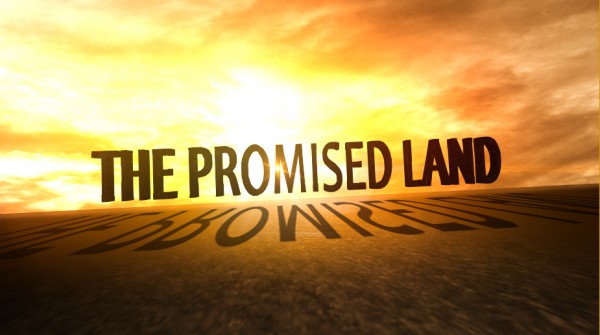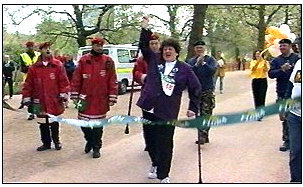October 23, 2015|י' חשון ה' אלפים תשע"ו Finish What You Start
Print Article
The Torah tells us that there was a special person who uprooted his family, took his wife, took Lot, and left his homeland, his familial territory, his place of residence – Ur Kasdim – and began a journey to the land of Canaan, known today as Eretz Yisroel. This special man’s name – Terach. Yes, Terach. If you look at the very end of last week’s parsha, Noach, the Torah describes the journey of Terach which sounds awfully familiar to us as the story of Avraham.
Avraham and Terach seem to take the same path, embark on the same journey, and display the same courage and resolve. Both abandon what they know to leave on a journey to the promised land. Why does Avraham emerge a hero of epic proportions, THE Patriarch not only of our people but of all monotheistic society, a person of unique faith who surpasses his trial of lech lecha…and Terach is remembered as a historical villain??
The answer is as simple as the question but captures an important insight for us all. Yes, Terach and Avraham both walked away from their familiar surroundings, they set their sights on the same goal, they both begin a journey with the same destination in mind. The difference is Terach never got there; Avraham did. When it comes to Terach the Torah says va’yeitzu mei’Ur Kasdim laleches artza Canaan, Terach left Ur Kasdim heading to Canaan, va’yavou ad Charan va’yeishvu sham, but he only arrived to Charan and settled there. With Avraham, the pasuk teaches, va’yeitzu laleches artza Canaan va’yavou artza Canaan, he set out to arrive in Canaan and he succeeded in arriving in Canaan.
Terach and Avraham both took initiative, both had enthusiasm and zeal, excitement and fervor. Both had the same goal. Avraham had the tenacity and resolve to complete what he started and so he is the patriarch of our people. Terach started with a bang, but ultimately failed to finish what he started.
So many of us begin projects, goals, and ideas with tremendous ambition and aspiration. It is not a physical, geographic destination we journey towards but rather the journeys of life. We want to reach a target weight, build or paint a project, work on a character trait, train to participate in a marathon, save a specific amount of money or some other goal. Are we like Terach or Avraham? Do we arrive at our destination or do we find ourselves lost and sidetracked along the way.
What happened to Terach; why did he fail to complete his journey? Perhaps the answer can be found in the pasuk itself. Va’yavo’u ad charan, va’yeishvu sham. Terach and his traveling party take a detour and pass the city of Charan. Charan is not just an ancient Sumerian city. It is a metropolis, a hub of activity, commerce, culture, activity and licentiousness. Charan was a serious distraction and disruption from the journey to the promised land. When we set goals and objectives, we all encounter distractions and disruptions along the way that threaten our success. Avraham, too, lived in Charan and undoubtedly was taken by all it had to offer. Terach, the pasuk tells us, vayeshvu sham, he settled there. He found it comfortable and he literally settled in. He abandoned and aborted his mission because he found a comfort zone along the way that became more appealing.
Avraham’s resolve was so strong he couldn’t be held back. He would not allow himself va’yeshvu sham, to settle in when an obstacle confronted him or a temptation enticed him. Rather, with great perseverance and determination, Avraham arrives in Canaan, reaches his destination.

Zoe Koplowitz is an enormous winner despite always losing. When everyone else passes her by, Zoe Koplowitz keeps walking. Koplowitz has completed a total of 25 New York City Marathons, every single one of them in last place. In 2000, she set a world record for the longest marathon time in the history of women's running at 33 hours, 9 minutes.
Zoe has multiple sclerosis and diabetes and walks all 26.2 miles with crutches. She has written a book called “The Winning Spirit: Life Lessons Learned in Last Place.” After one of the marathons, which she finished a day later than everyone else, Zoe said,–“The marathon is really only a metaphor for life. I am sending a message to everyone that you don't need to win the race to be a winner in life. Everybody faces marathons each day whether it be looking after kids, parents or at work - it is about finishing what you have started.”
We are blessed that Avraham left us a legacy not only of the promised land but the strength and courage to do what it takes to get there. The promised land is literal and in other ways metaphorical in our lives. Whether it is completing a mesechta of learning, losing a certain amount of weight, or ridding ourselves of a bad habit or routine, we have the capacity like our forefather Avraham to reach the destination.






